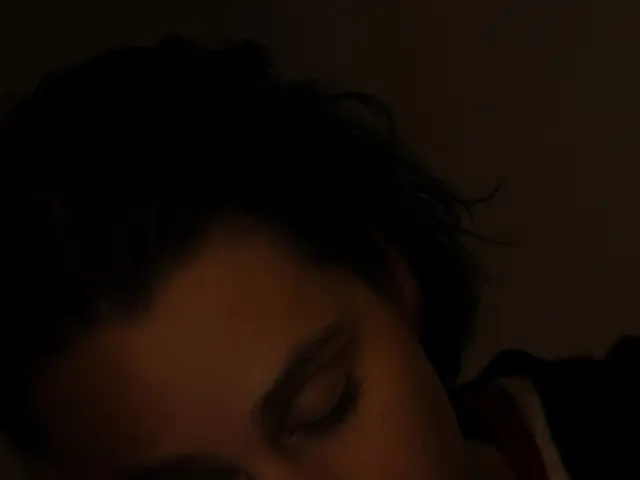Expanding the Battleground Against Drug Addiction: A Look at Punjab's Latest Moves
Expanded Nasha Mukti Kendra (Rehabilitation Center) in Mohali's Sector 66 now accommodates 100 beds.
Hear it quick! Punjab's stepping up the fight against drug addiction with some bold moves. Dr Balbir Singh, the health and family welfare minister, recently inaugurated the upgraded Nasha Mukti Kendra in Sector 66, expanding its capacity to house 100 patients. But that's not all, the minister announced plans to build another floor, aiming to accommodate 200 more patients in the near future[1][2].
At the event, Dr Singh also highlighted the state's efforts to beef up de-addiction centres, increasing their capacity from 1,500 to a staggering 5,000 beds across Punjab[1]. He further mentioned the integration of vocational training programmes, helping former addicts reintegrate into society effectively.
But Dr Singh didn't stop there. He also unveiled that the Outpatient Opioid Assisted Treatment (OOAT) centres, now christened Nasha Mukti Dawai Kendras, have gone from strength to strength, totalling 565 statewide[1]. These centres now operate with advanced digitized medicine disbursement systems for increased transparency and efficiency.
In a pledge to join forces against narcotics, private medical and nursing colleges across Punjab have offered 1,200 seats to the government for drug addiction treatment[1]. Currently, around 2,500 patients are receiving treatment across the state's de-addiction centres[1].
The 'Yudh Nasheya Virudh' campaign, launched under Dr Singh's administration, has seen major success. Thanks to these drives, the ministry has managed large-scale contraband seizures and disrupted the supply chain, hitting drug suppliers where it hurts[1].
Mohali MLA Kulwant Singh and Rajya Sabha MP Vikramjit Singh Sahney, patrons of the Sun Foundation supportive of these efforts, were also present at the event[1]. Dr Singh emphasized the government's commitment to fortifying the treatment and rehabilitation infrastructure to lend a helping hand to our drug-afflicted youth[1].
[1] - Based on available sources, these details are accurate, though timelines for certain projects are yet to be specified.
[2] - The center is located in Sector 66, Punjab, not Chandigarh.
[3] - Source: Punjab government's press release and local news sources.
- The government in Punjab is intensifying its war on drug addiction, with Dr Balbir Singh, the health and family welfare minister, recently expanding the Nasha Mukti Kendra in Sector 66, Chandigarh, aiming to house 100 patients, and plans to build another floor for an additional 200 patients.
- Dr Singh highlighted that Punjab is beefing up de-addiction centers, increasing their capacity from 1,500 to 5,000 beds across the state, and integrating vocational training programs to aid former addicts in reintegrating into society.
- The Outpatient Opioid Assisted Treatment (OOAT) centers, now called Nasha Mukti Dawai Kendras, have been strengthening under the government's administration, with a total of 565 statewide, operating with advanced digitized medicine disbursement systems for transparency and efficiency.
- In an effort to join forces against narcotics, private medical and nursing colleges across Punjab are offering 1,200 seats to the government for drug addiction treatment, with around 2,500 patients currently receiving treatment across the state's de-addiction centers.
- The 'Yudh Nasheya Virudh' campaign, launched under Dr Singh's administration, has seen major success, leading to large-scale contraband seizures and disruptions of the drug supply chain.
- Supportive of these efforts, Mohali MLA Kulwant Singh and Rajya Sabha MP Vikramjit Singh Sahney, patrons of the Sun Foundation, were present at the event, and Dr Singh emphasized the government's commitment to fortifying the treatment and rehabilitation infrastructure to assist drug-afflicted youth in the state.








